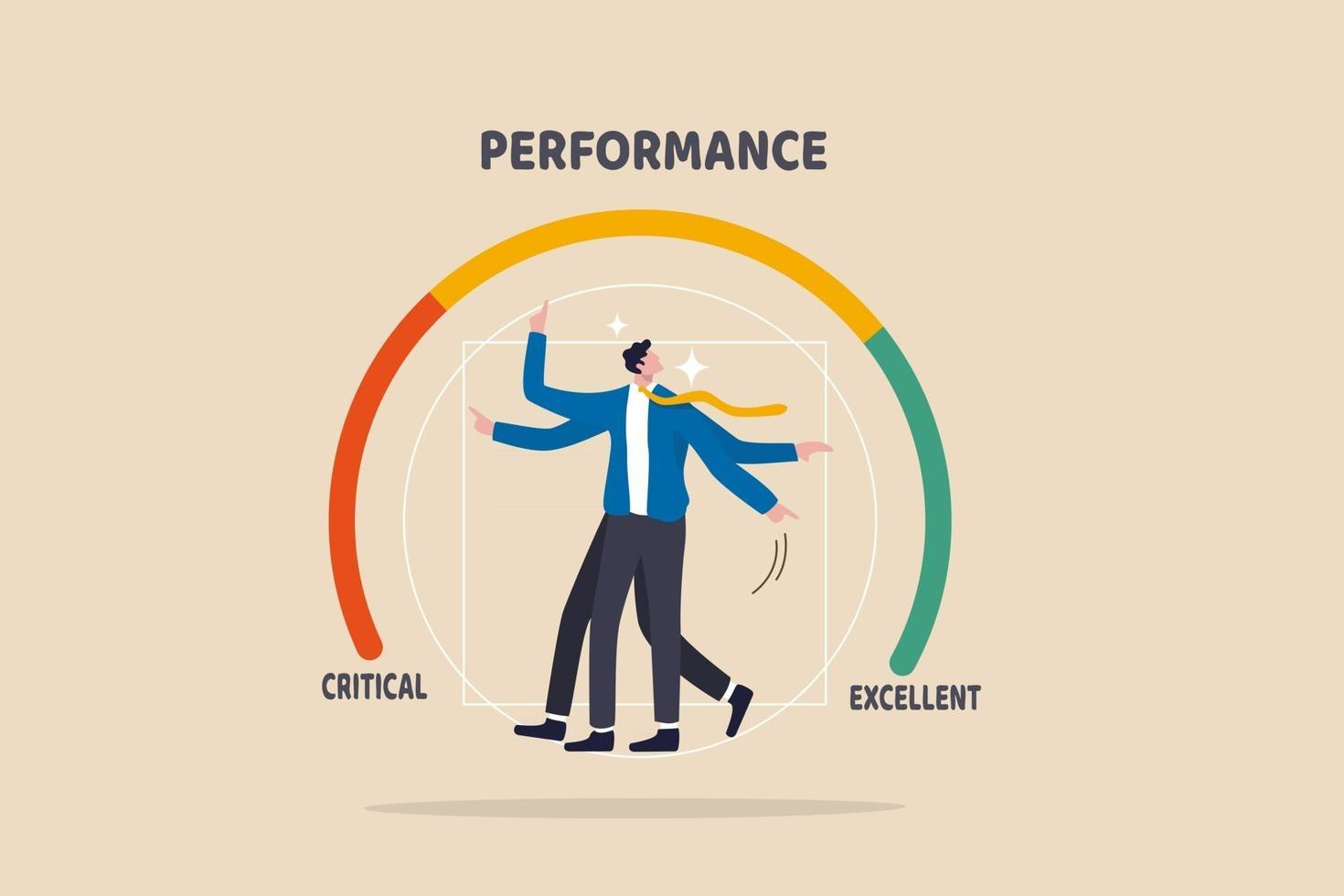What Employee Evaluation Really Means

An employee evaluation is more than a meeting on a calendar. It’s a structured look at how someone has performed over a specific period and how their work fits into the bigger goals of the team or company. This isn’t just about what went wrong or right. It’s a chance to have a real conversation about contributions, growth, and expectations.
The best evaluations are built on honesty and clarity. They give employees a clear picture of where they stand and where they can go next. For managers, it’s a way to guide performance with structure instead of vague impressions. When done well, an evaluation doesn’t feel like judgment. It feels like a plan.
Why Evaluations Matter
Good evaluations keep a company healthy. For employees, they bring clarity and recognition. When someone knows exactly what they’re doing well and what needs work, they can improve with confidence. For employers, evaluations create a fair basis for decisions about raises, promotions, or new responsibilities.
They also help catch small issues before they grow into big problems. When feedback is regular and structured, performance conversations stop being tense surprises. Instead, they become normal, productive check-ins that keep everyone aligned.
How the Evaluation Process Works

Most companies follow a similar flow. It starts with setting clear goals and expectations. Both the manager and the employee know what success looks like. Throughout the review period, performance is tracked and documented through informal check-ins, project updates, or self-assessments.
Then comes the actual review meeting. This is when the manager and employee sit down to discuss achievements, challenges, and next steps. Some companies tie evaluations directly to salary reviews or bonuses. Others use them as coaching opportunities. Either way, the purpose is the same: to align performance with growth and keep the path forward clear.
Turning Evaluations Into Growth Opportunities
A strong evaluation isn’t just about looking back. It’s about looking forward. When managers use reviews to coach rather than just critique, employees feel supported instead of judged. This is where real growth happens. Clear, specific feedback shows what to keep doing and what to improve, and when paired with development plans, it sets the stage for progress.
It also gives employees a voice. Good evaluations are conversations, not lectures. When employees can share their own reflections, challenges, or goals, the process becomes collaborative. That’s when reviews stop feeling like paperwork and start feeling like career building.
Common Mistakes Employers Make
Many companies get evaluations wrong because they treat them as quick tasks, not meaningful conversations. One of the biggest mistakes is giving vague feedback. Telling someone they “need to improve communication” without explaining what that means is useless. Another mistake is waiting too long. Annual reviews alone are not enough. By the time issues surface, it’s too late to fix them.
Bias is another common problem. When managers let personal feelings, recent events, or favoritism influence evaluations, they create resentment and mistrust. Inconsistent evaluations can also hurt retention because employees stop believing the system is fair. A good review process is structured, honest, and balanced.
Employee Rights and Fair Feedback

Employees are not powerless in the evaluation process. They have a right to fair, transparent, and well-documented feedback. They should understand how their performance is being measured, what standards are being applied, and how final decisions are made.
Good evaluations also give employees the chance to speak. They can clarify misunderstandings, provide context, or share their perspective on performance. This two-way communication creates trust. When evaluations are done openly and fairly, employees are more likely to accept feedback and act on it.
The Role of Goal Setting
A performance review without clear goals is just a conversation. Goals turn evaluations into something measurable and actionable. When employees know exactly what they’re working toward, it removes guesswork and keeps performance expectations fair. These goals should be specific, realistic, and tied to the company’s bigger objectives.
Good managers don’t just hand goals down, they build them with the employee. That shared understanding makes the evaluation process smoother and far more meaningful. When everyone agrees on what success looks like, the review becomes about progress, not surprise critiques.
Avoiding Bias in Evaluations

Bias is one of the biggest threats to fair evaluations. It can show up in subtle ways, favoring people who are more visible, judging based on recent performance alone, or letting personal preferences shape ratings. To avoid this, evaluations need structure. Clear criteria, written goals, and documented performance reduce room for bias.
Many companies also train managers to spot and correct their own blind spots. When employees see that evaluations are objective and consistent, trust in the system grows. That trust makes feedback easier to give and receive.
Using Evaluations to Drive Development
Evaluations shouldn’t feel like report cards, they should feel like roadmaps. The best reviews lead to real growth opportunities. That can mean training programs, mentorship, stretch assignments, or career advancement. Linking evaluations to learning keeps employees motivated and engaged.
For organizations, this creates a culture of continuous improvement. Reviews stop being once-a-year obligations and turn into tools for building stronger, more skilled teams. When feedback leads to development, everyone benefits.
Feedback That Fuels Growth

An employee evaluation is more than a yearly meeting. It is a chance to reflect, align, and grow. When done with clear goals and fair structure, it becomes one of the most powerful tools a company has to build trust and performance.
For employees, a good evaluation gives clarity, direction, and recognition. For employers, it creates a fair system for decisions about development, promotions, and pay. It also builds a stronger culture where everyone knows how their work matters.
The best evaluations are not about catching mistakes. They are about helping people succeed. When both sides show up prepared and honest, a review becomes more than a formality. It becomes a turning point.


